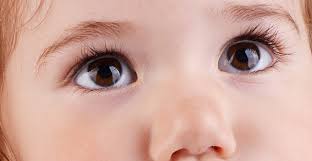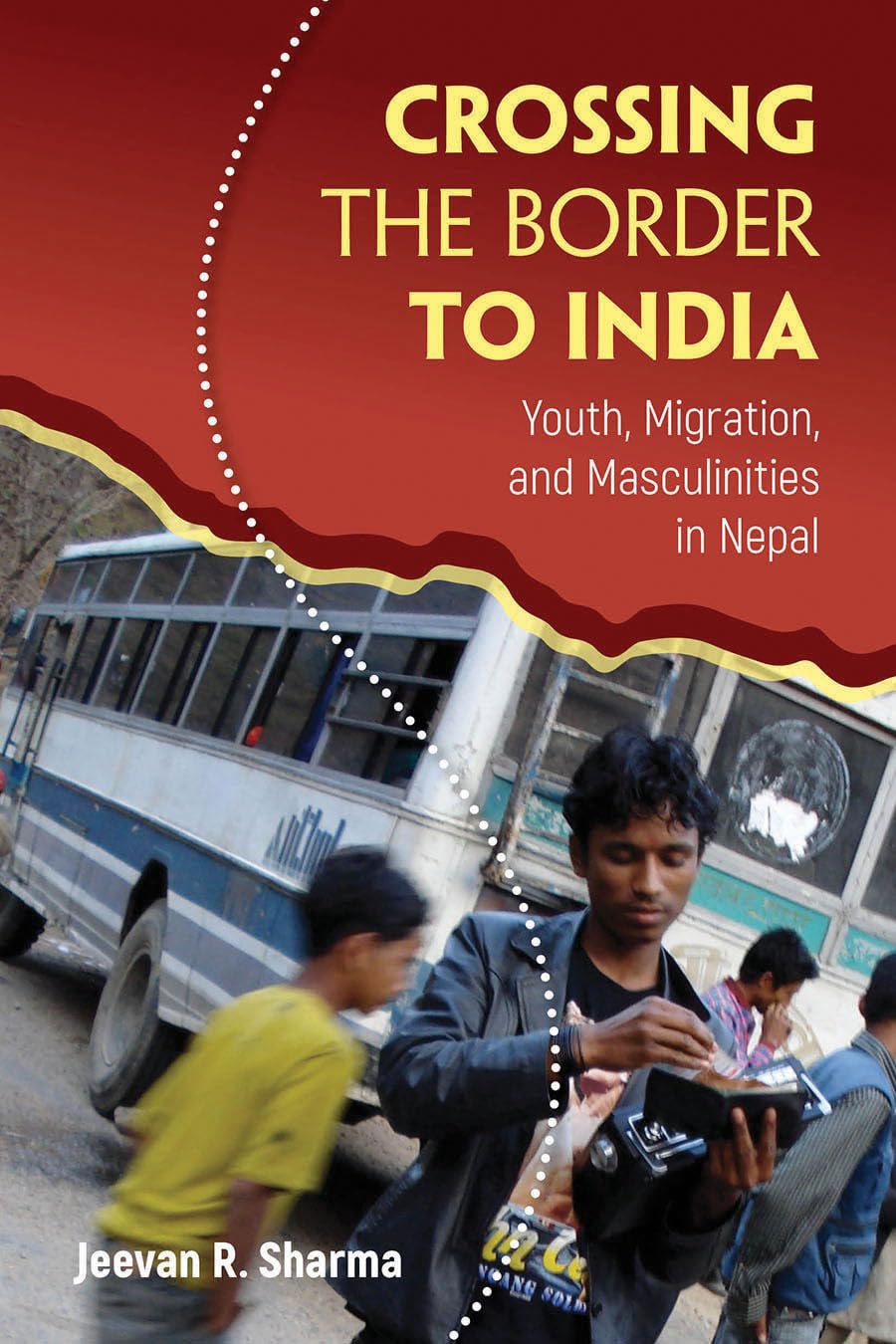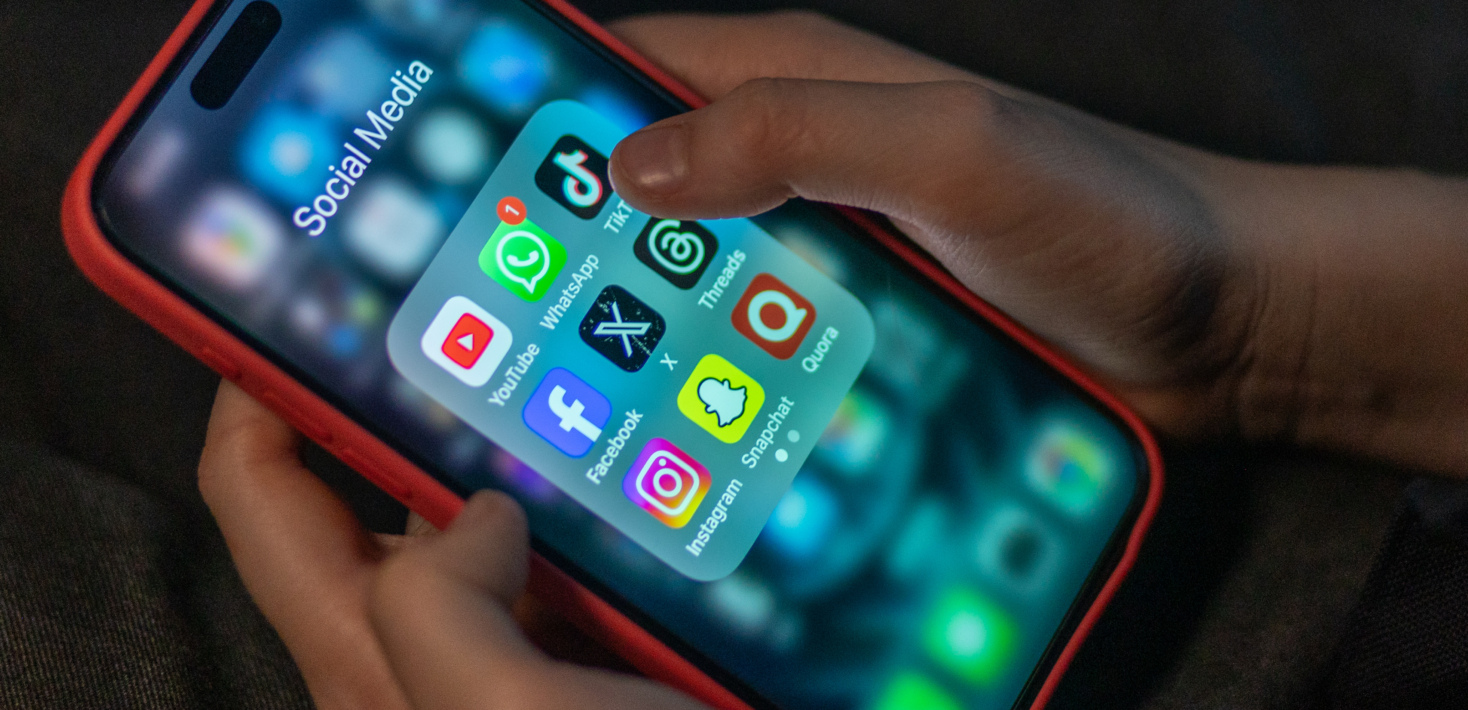Children’s Eyesight Worsens Globally, Study Reveals

London — A global analysis has revealed that children’s eyesight is steadily declining, with one in three now suffering from short-sightedness, or myopia, which affects their ability to see things at a distance. The study, published in the British Journal of Ophthalmology, highlights that the COVID-19 lockdowns played a significant role in this trend, as children spent more time on screens and less time outdoors.
The research, which examined data from over five million children and teenagers across 50 countries, shows that the rate of short-sightedness has tripled since 1990, now affecting 36% of young people globally. The problem is most severe in East Asia, with 85% of children in Japan and 73% in South Korea diagnosed with myopia. In contrast, countries like Paraguay and Uganda report significantly lower rates, at around 1%.
Experts warn that myopia could affect millions more children by 2050. The increase is driven by a combination of factors, including early schooling in some regions and extended screen time. In Asia, where children begin their education as early as age two, the prevalence of myopia is significantly higher compared to regions like Africa, where schooling starts later.
The study emphasizes the need for preventive measures, particularly encouraging outdoor activities, to help combat the rising rates of myopia.



















Facebook Comments